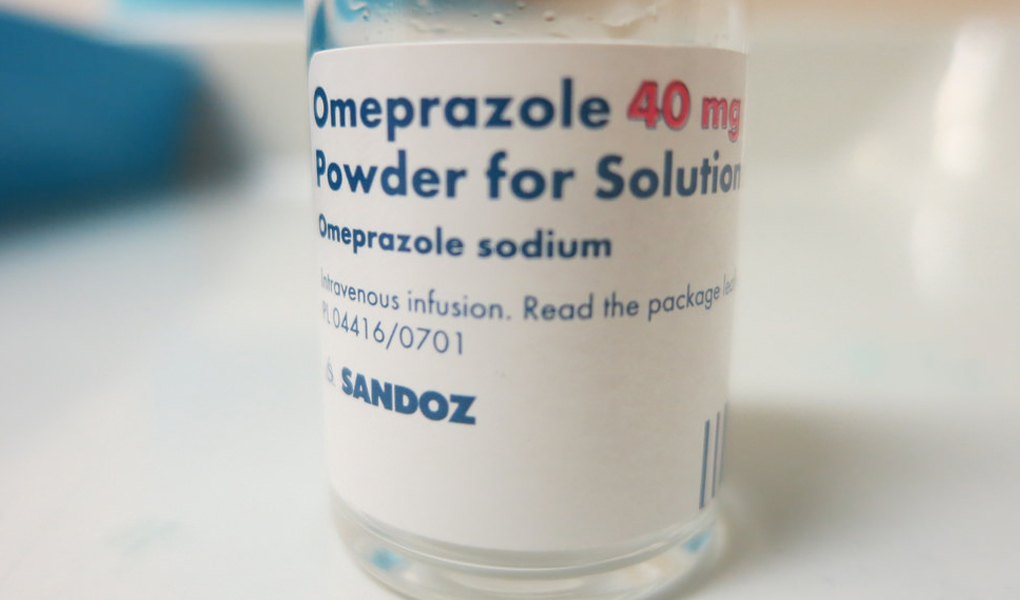Gastric problems seem to be a common problem for the people living in a fast-paced, corporate and urban world these days. At this time, there are so many anti-gastric drugs on the market. We are sometimes faced with a problem on what anti-gastric drug to choose from.
Of course, anti-gastric drugs are related to a host of problems, particularly heartburn, gastrointestinal problems, and ulcers. These drugs are known as Proton Pump Inhibitors or PPIs. Unfortunately, these PPIs have been connected to a range of health problems, such as dementia, serious kidney damage, and bone fractures.
Omeprazole – the gastric drug
Omeprazole is one drug which is prescribed to people with gastric problems, such as an excess of stomach acid. It is usually recommended to those with only mild stomach pains. The reality is this drug can cause severe harm to your gut and deprive you of the good gut flora that exists there.
Normally, strong antacids help to stop excess acid in the stomach. However, sometimes they actually work as PPIs, which means they stop the creation of acid in the stomach. And that is not good because we still need a certain amount of acid in our stomach which is needed for healthy digestion. The drug Omeprazole can sometimes stop this important function in the body from working properly.
This kind of drugs (PPIs) are supposed to be used only for a short period of time but with prolonged use, especially when prescribed by doctors for years are bound to create more serious stomach problems.
A slew of health problems was attributed to Omeprazole use. These are:
- Depression
- Respiratory problems
- Red blood cell depletion
- Anemia
- Osteoporosis
- Muscle aches
- Dementia and other neurological problems
- Anxiety
- Central nervous system damage
- Vitamin B deficiency for long-term use of the drug
Proton Pump Inhibitors and H2 Blockers
Another study surveyed the medical records of more than 275,000 PPI users and another 75,000 people who regularly take another class of drugs known as H2 blockers to decrease stomach acid.
From the findings, the researchers concluded that there was an increased risk of death among PPI users. Both the PPIs and H2 blockers are usually recommended for serious medical problems, such as gastroesophageal reflux disease, esophageal cancer, and upper gastrointestinal tract bleeding. On the other hand, over-the-counter PPIs are prescribed mostly for indigestion and heartburn.
The researchers discovered that there’s a 25% increased risk of death for the PPI users.
My advice is to have a really good talk with your medical doctor and ask him/her if you really need to take in these PPIs for your gastric problems since they have really serious side effects which may even exacerbate your gastric/stomach problem rather than alleviate it in the long-term.
My experience is that if you eat basically all-natural, organic plant-based foods with minimal organic meat and fish caught in the open seas, then you shouldn’t be having so many gastric problems. You must also reduce the intake of sugar, refrain from drinking alcohol, and exercise at least moderately.
And that’s the formula for a healthy gut, free of gastric problems.
Image by John Campbell / CC0 1.0


